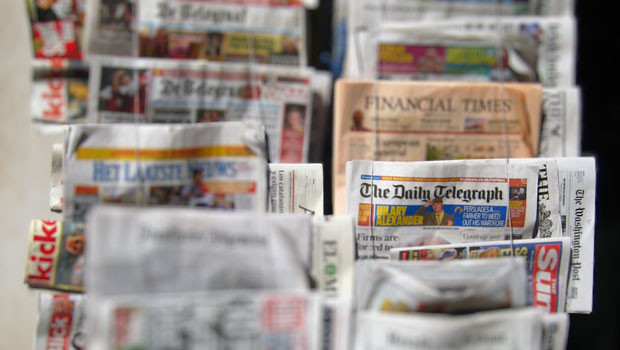Tuesday newspaper round-up: Neuralink, BP, EY, VAT-free shopping

The UK has fallen to its lowest-ever position in Transparency International’s corruption perceptions index, which ranks countries by experts’ views of possible corruption in public services. The UK fell from 18th (out of 181 countries) in 2022 to 20th in 2023, its lowest position since the research was revamped in 2012. It means that, according to the research, Britain is seen as more corrupt than Uruguay and Hong Kong. – Guardian
Elon Musk, Neuralink’s billionaire founder, said the first human received an implant from the brain-chip startup on Sunday and is recovering well, in a post on Twitter/X on Monday. The US Food and Drug Administration (FDA) had given the company clearance last year to conduct its first trial to test its implant on humans. – Guardian
BP is facing fresh demands to scrap “irrational” net zero commitments championed by former chief executive Bernard Looney, after an activist investor claimed they have left shareholders £40bn poorer. The FTSE 100 oil giant was on Monday accused of pursuing an unrealistic strategy by Bluebell Capital Partners, the investor that has taken a minority stake in BP after previously taking on blue chip heavyweights Glencore and Danone. – Telegraph
EY has started to track more closely how often its UK staff are coming into the office amid concerns that many of its accountants and consultants are ignoring its hybrid working guidelines. In recent weeks some senior partners and team managers at the Big Four firm have been granted access to anonymised swipe card entry data showing how frequently its 21,000 UK staff are attending its offices. – The Times
The government’s decision to scrap VAT-free shopping for tourists is costing the economy £11.1 billion in lost GDP and deterring about two million foreign visitors each year, according to an analysis by the Centre for Economics and Business Research (CEBR). The number of tourists coming to the UK still remains around one million visitors short of pre-pandemic levels and spending by tourists in real terms has also failed to recover fully. – The Times